Isn't it ironic? These very same groups also engage in a little astroturfing of their own. I am always coming across form letters in FERC dockets orchestrated by environmental and social justice groups that are indisputably form letters, such as this letter of support signed by 17,923 clueless petition signatories or these 10,905 form letters submitted by the National Wildlife Federation. Isn't that the pot calling the kettle black?
It seems like the sanctimonious blowhards didn't have much trouble getting biased media to point fingers and make it seem like gathering letters of support are something new.
Shopping around "letters of support" for an energy project (or a FERC rulemaking) has been going on for decades. There's no law against it. It's just plain, old annoying and it's not fooling any regulators at this point. Why do they continue doing it? Because energy companies are like vintage Titanics, sailing along on yesterday's public relations schemes.
Perhaps the opposition groups are just ticked off that the gas company was able to get the signatures of more important people than they were. Really, none of it matters. Form letters are never read past the first one. Nobody cares. They don't even keep little score sheets of the number of comments for or against. It's complete nonsense.
However, shopping around form letters does become a problem when the company uses public or ratepayer funds to pay for its public relations schemes. I don't see where these whiners even bothered to investigate whether that's happening in this instance. Why do any hard work when the media eats up your BFD allegations?
Of course it's annoying when the opposite side uses underhanded tricks to drum up fake support for their position.
“I think that really, really rankles people here in Port Isabel, to see somebody from another city writing a letter saying, ‘hey, you know what? You ought to hurry up and put this polluting, dangerous facility in somebody else's town,’” Port Isabel City Manager Jared Hockema told TPR.
How would these folks like it if the ghostwritten letters and handfuls of cash were coming from the federal government instead of the private sector? Congress has unwisely set aside a $760M pot of taxpayer money to fund "economic development" and "grant" payments to "communities" affected by new electric transmission projects. Nevermind the fact that transmission is a linear project whose "community" is linear, the government is eager to dole out your tax money to some other town to pay for your misery living with a transmission line on your property. The only thing these other towns must do is make sure the project gets approved.
I suppose they'll sign some ghostwritten letters.
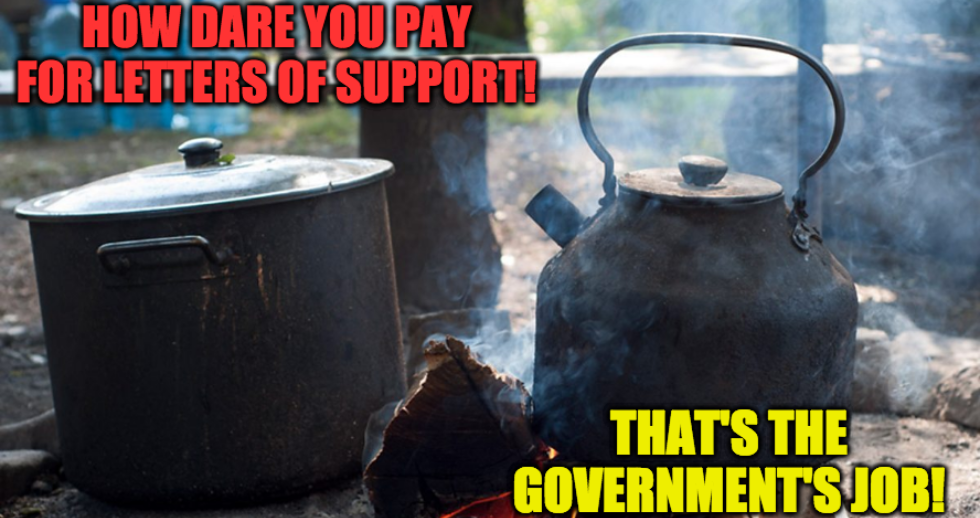

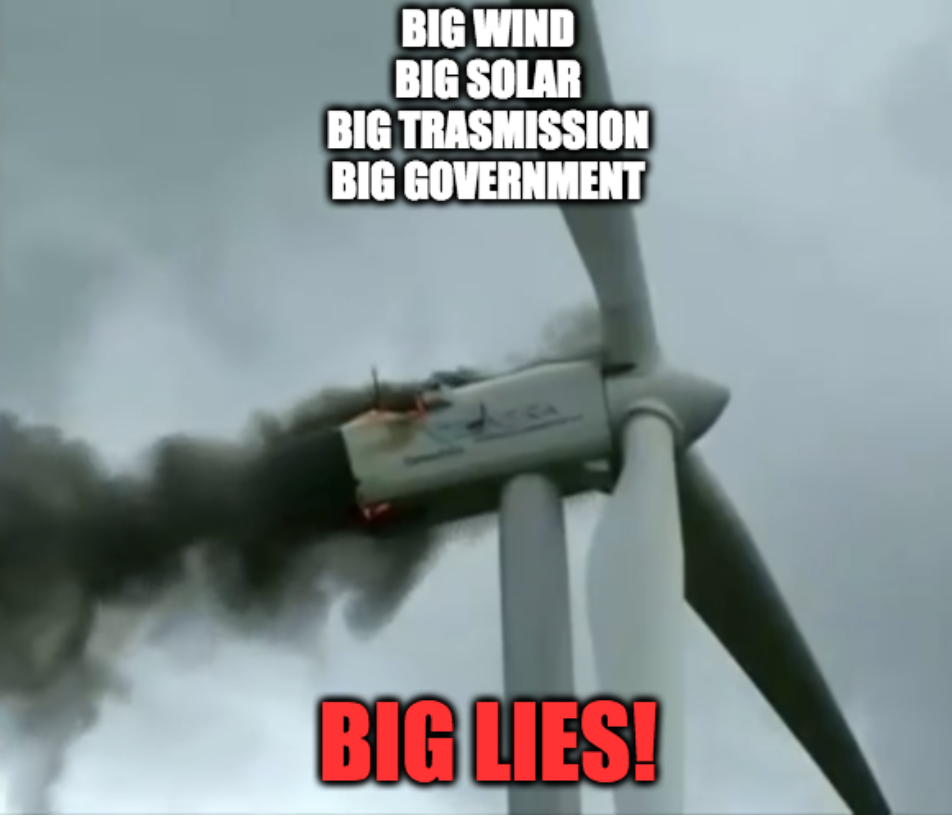
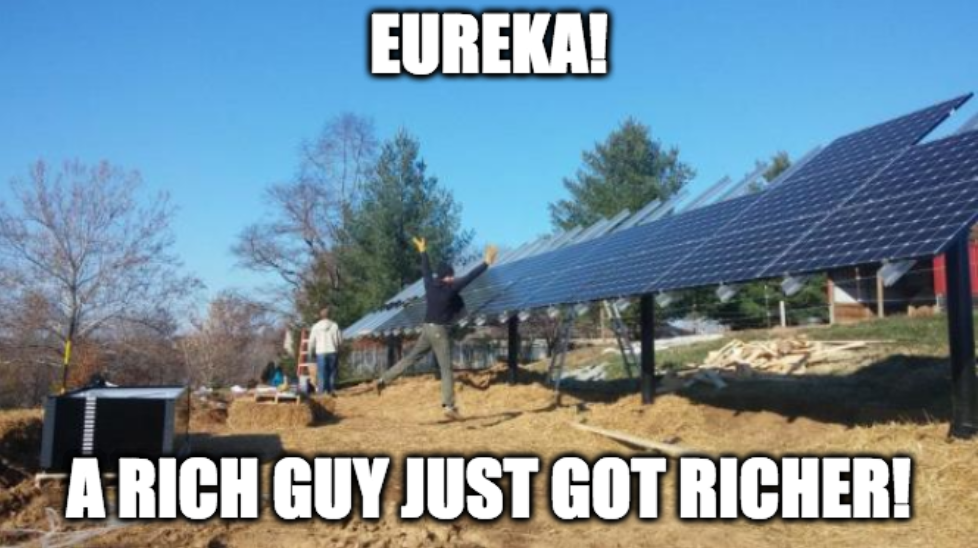
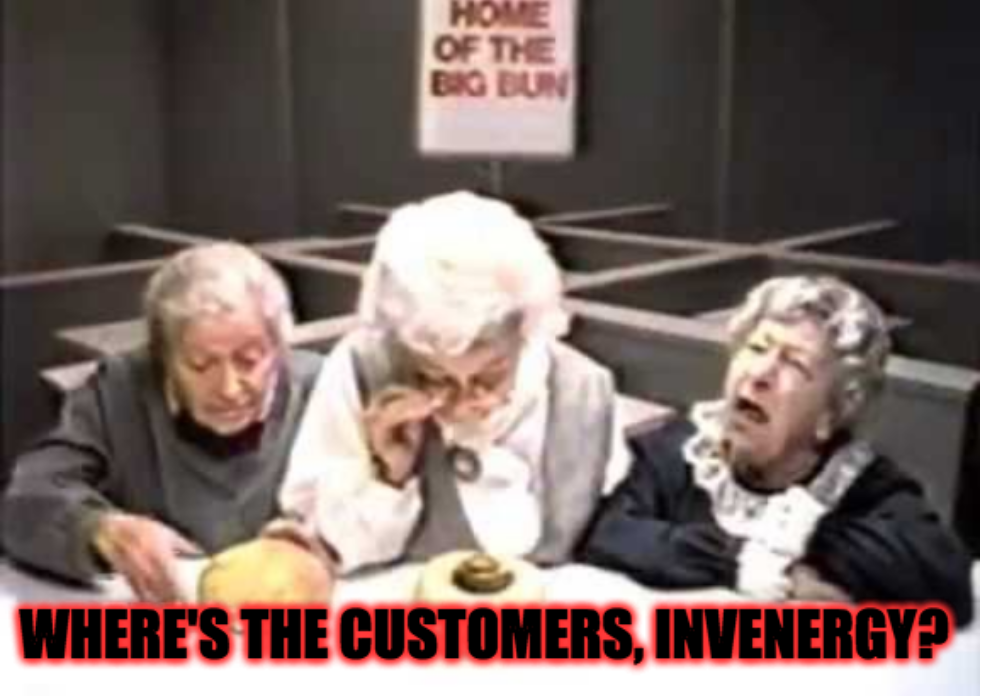
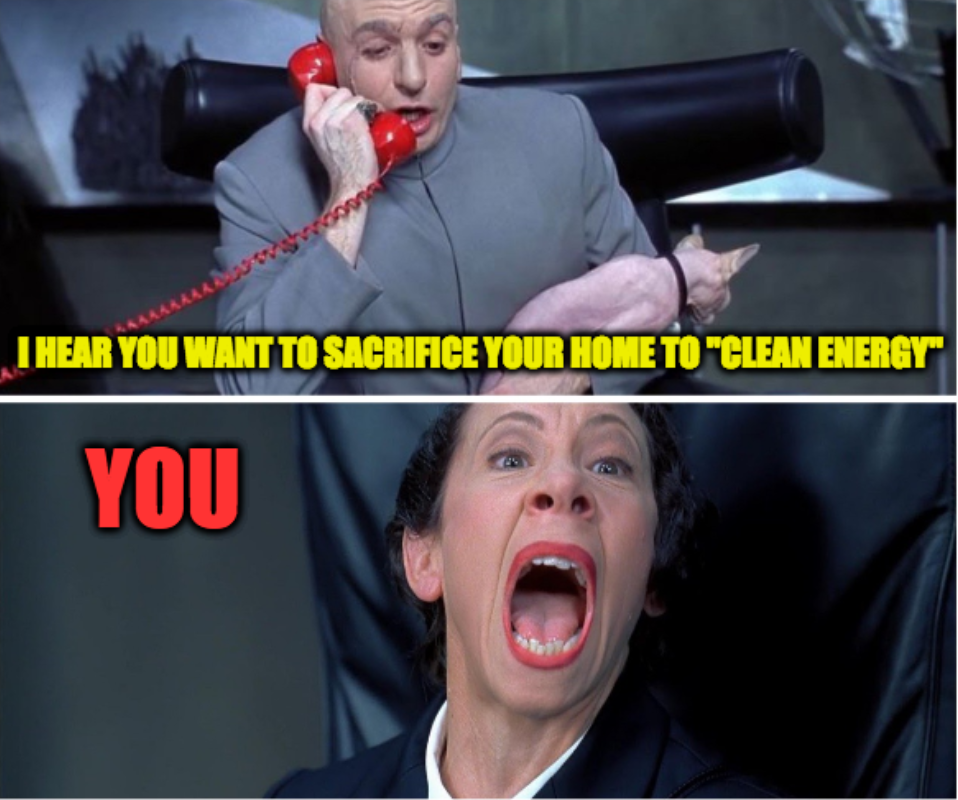
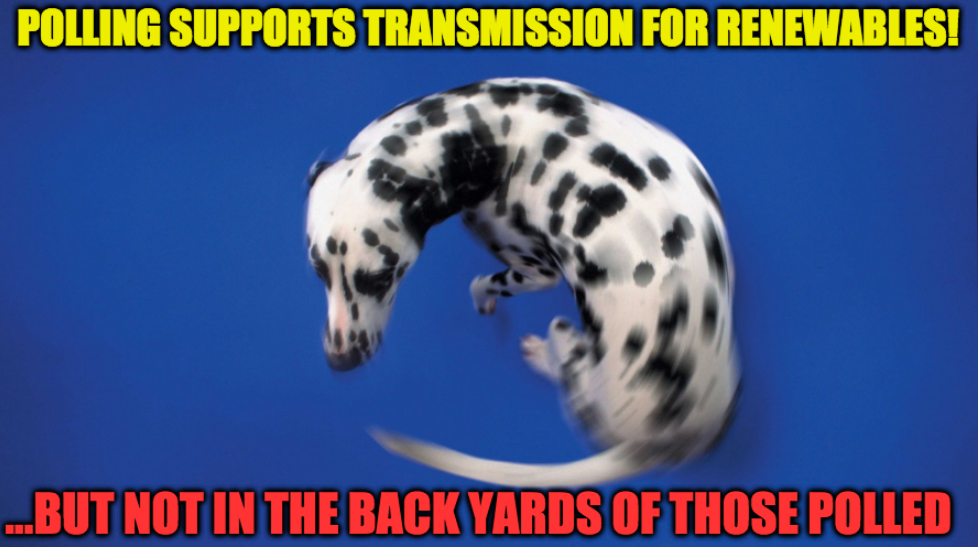
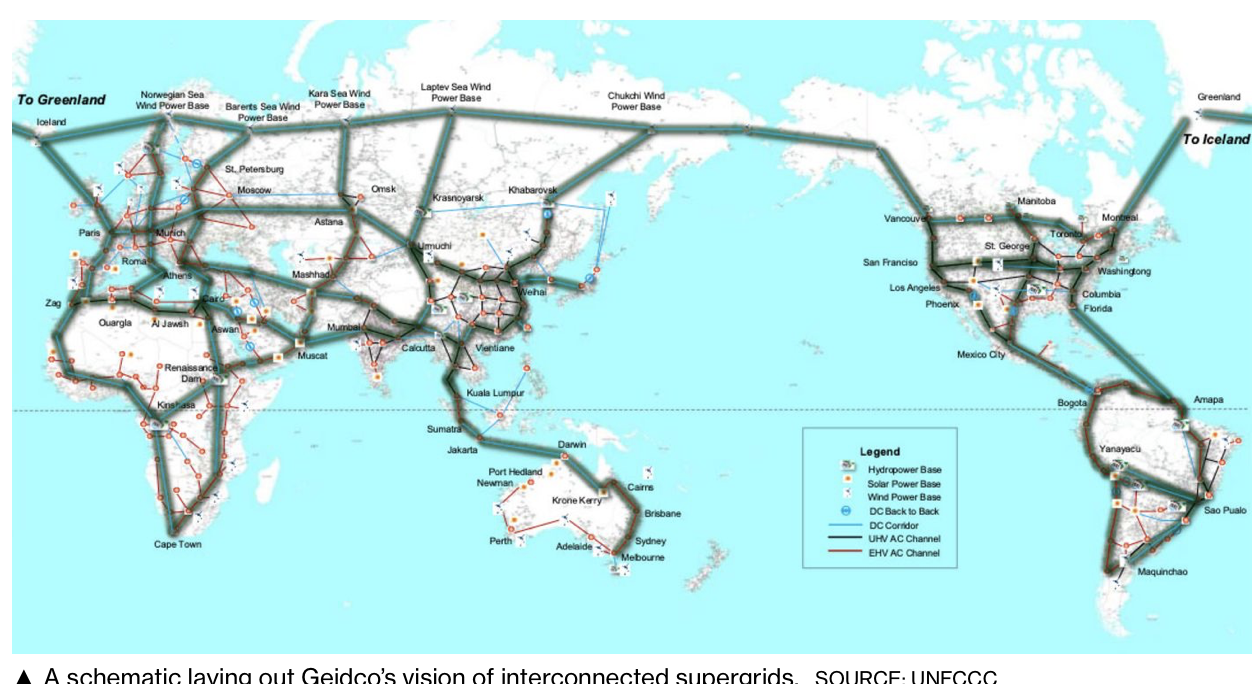
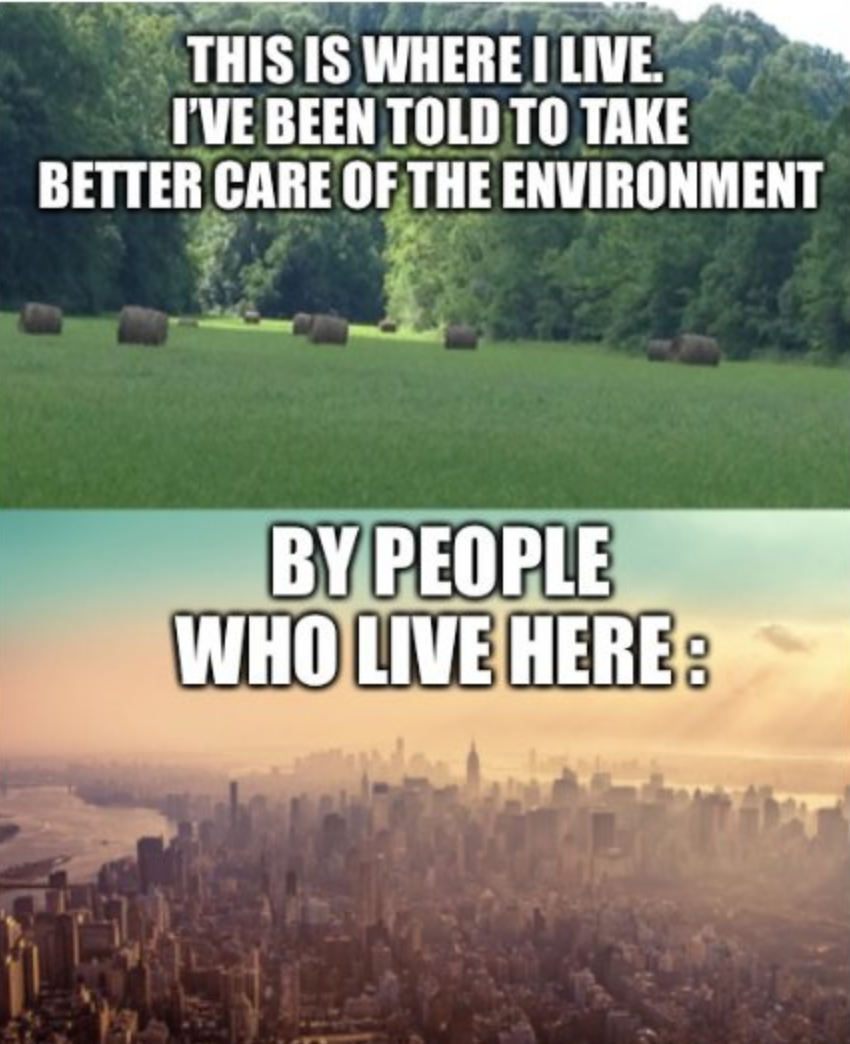
 RSS Feed
RSS Feed